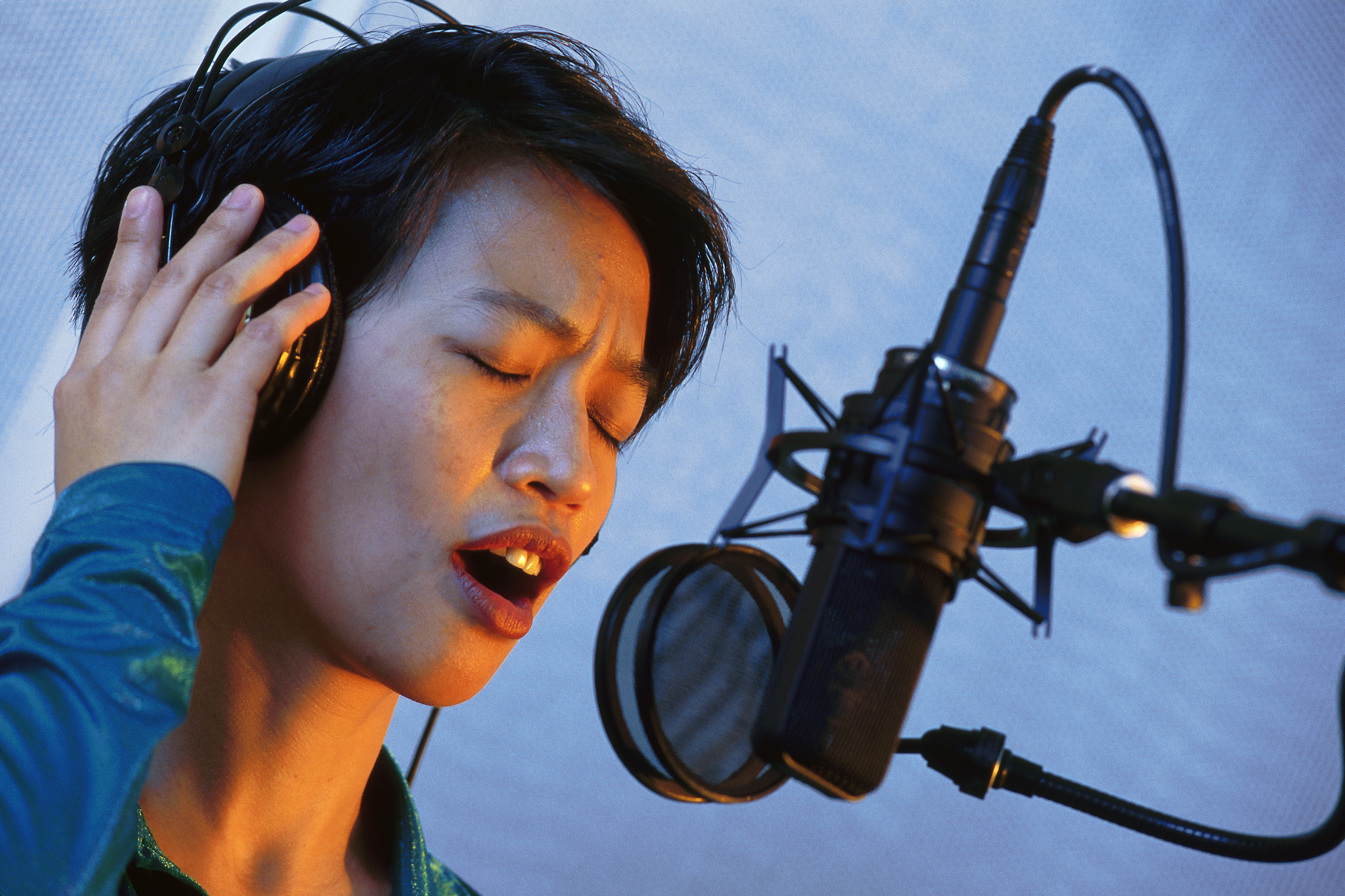How to Prepare for a Career in Recording Arts
Posted on February 12th, 2013 by Jenny Frankel As with many things in life, a key to a successful career is planning ahead. To prepare for a career in recording arts—a technical and dynamic field—planning ahead is even more crucial. Below are some important steps to take and important things to consider both before applying for a degree program and before applying for a job.
As with many things in life, a key to a successful career is planning ahead. To prepare for a career in recording arts—a technical and dynamic field—planning ahead is even more crucial. Below are some important steps to take and important things to consider both before applying for a degree program and before applying for a job.
Preparation for Undergraduate Degree Programs in Recording Arts
Requirements to study recording arts at most institutions are similar to those for any other program, but with some important additions.
- The general requirements to study recording arts include filling out standard undergraduate applications, obtaining a high school diploma (international equivalent or GED are also accepted by most schools), and supplying 2-3 letters of recommendation. For non-English speaking international students, a verification of English language proficiency will also be required.
- Recording arts programs look for students with some sort of background in music. This can be in the form of music performance, fluency in basic music theory, or even a strong knowledge of music history.
- Since the recording arts industry is constantly shifting along with the newest technology, schools prefer prospective students with a background in some sort of technology. This includes experience with production equipment, recording software, or computer programming, just to name a few possibilities.
- Finally, recording arts programs seek students with high levels of creativity. Among the requirements to study recording arts, creativity is certainly the most difficult to quantify. Thus, most programs that emphasize the creative aspect require a portfolio of your work, preferably (but not necessarily) related to recording arts.
In summary, prospective students thinking about how to prepare for a career in recording arts should take their first steps while still in high school/secondary school (or earlier!) to develop skills in music, technology, and creativity.
Preparation for Jobs in Recording Arts
After you’ve graduated with a Bachelor’s degree, the next step is to find a job. When you prepare for a career in recording arts, the goal is to set yourself up for your ideal position. Though careers in recording arts are quite diverse, there are some general requirements that apply to many jobs.
- The first is experience, experience, experience. Because the recording arts fields are so hands-on, potential employers want to make sure you know what you’re doing with their rather expensive equipment and software. Thus, international students seeking to study recording arts in the US should look for schools that offer hands-on training with state-of-the-art technology. A degree from these institutions lets employers know that you have experience with hardware such as API sound boards, CLASP processors, and TC Electronic recording equipment, and with recording software such as Pro Tools, Sound Forge, and Logic Pro.
- Those seeking jobs in recording arts should keep a constantly-updated portfolio of their work. What better way to demonstrate your potential to an employer than to show him or her your previous output?
- Finally, students should develop effective communication skills. Hardly any role in the recording arts industry can be done alone. Collaborative projects are central to the production of music, TV, film, video games, etc. and so having the ability to work with others in a professional and effective way will make you more appealing to potential employers.



